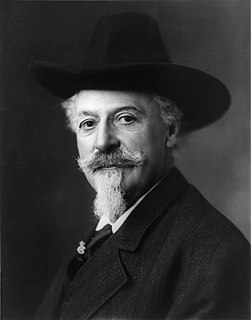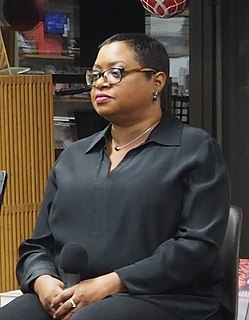A Quote by Katherine Anne Porter
Could she fall so low? No, there were limits, and she believed she still knew where some of them were.
Related Quotes
...fact was she knew more about them than she knew about herself, having never had the map to discover what she was like. Could she sing? (Was it nice to hear when she did?) Was she pretty? Was she a good friend? Could she have been a loving mother? A faithful wife? Have I got a sister and does she favor me? If my mother knew me would she like me? (140)
There were 33,000 missing Hillary [Clinton] emails. Nobody could find them. She claimed she deleted them. She handed over 30,000 to the State Department. They had them. They analyzed them. There are 30,000 she deleted. But people claimed that they had them. Like Kim Dotcom and there were others, that claimed they knew where they were, but nobody could produce them.
I think that one morning, the Papess woke in her tower, and her blankets were so warm, and the sun was so golden, she could not bear it. I think she woke, and dressed, and washed her face in cold water, and rubbed her shaven head. I think she walked among her sisters, and for the first time saw that they were so beautiful, and she loved them. I think she woke up one morning of all her mornings, and found that her heart was as white as a silkworm, and the sun was clear as glass on her brow, and she believed then that she could live, and hold peace in her hand like a pearl.
Jack believed in something—he believed in white witches and sleighs pulled by wolves, and in the world the trees obscured. He believed that there were better things in the woods. He believed in palaces of ice and hearts to match. Hazel had, too. Hazel had believed in woodsmen and magic shoes and swanskins and the easy magic of a compass. She had believed that because someone needing saving they were savable. She had believed in these things, but not anymore. And this is why she had to rescue Jack, even though he might not hear what she had to tell him.
She was humbled, she was grieved; she repented, though she hardly knew of what. She became jealous of his esteem, when she could no longer hope to be benefited by it. She wanted to hear of him, when there seemed the least chance of gaining intelligence. She was convinced that she could have been happy with him, when it was no longer likely they should meet.
And then she thought that you went on living one day after another, and in time you were somebody else, your previous self only like a close relative, a sister or brother, with whom you shared a past. But a different person, a separate life. Certainly neither she nor Inman were the people they had been the last time they were together. And she believed maybe she liked them both better now.
She had asked: What is he? A friend or an enemy? The alethiometer answered: He is a murderer. When she saw the answer, she relaxed at once. He could find food, and show her how to reach Oxford, and those were powers that were useful, but he might still have been untrustworthy or cowardly. A murderer was a worthy companion. She felt as safe with him as she'd done with Iorek Byrnison the armoured bear.
When I looked at [Fannie Lou] Hamer and that speech it seemed to me that she had to be the bravest woman ever, to come before that body and to assert her rights, when she knew that she was going lose that battle. But she did it anyway, because she knew she was speaking not just for herself and for that day, but for me, and for all the other young women who were coming behind her. She didn't know our names, but she was working for us. I find that incredibly empowering.





































